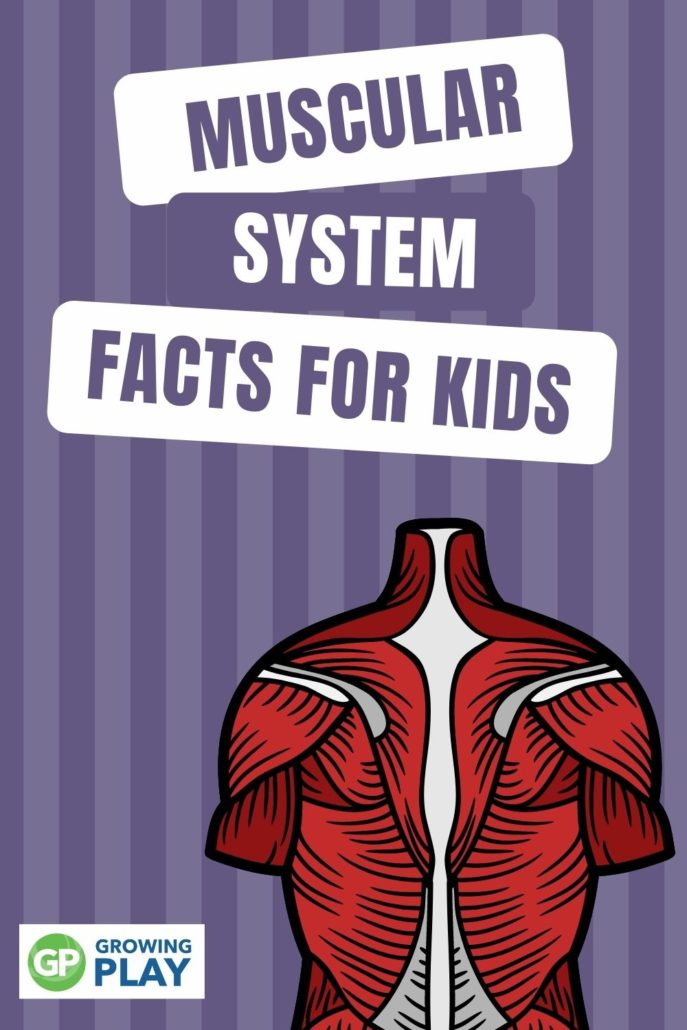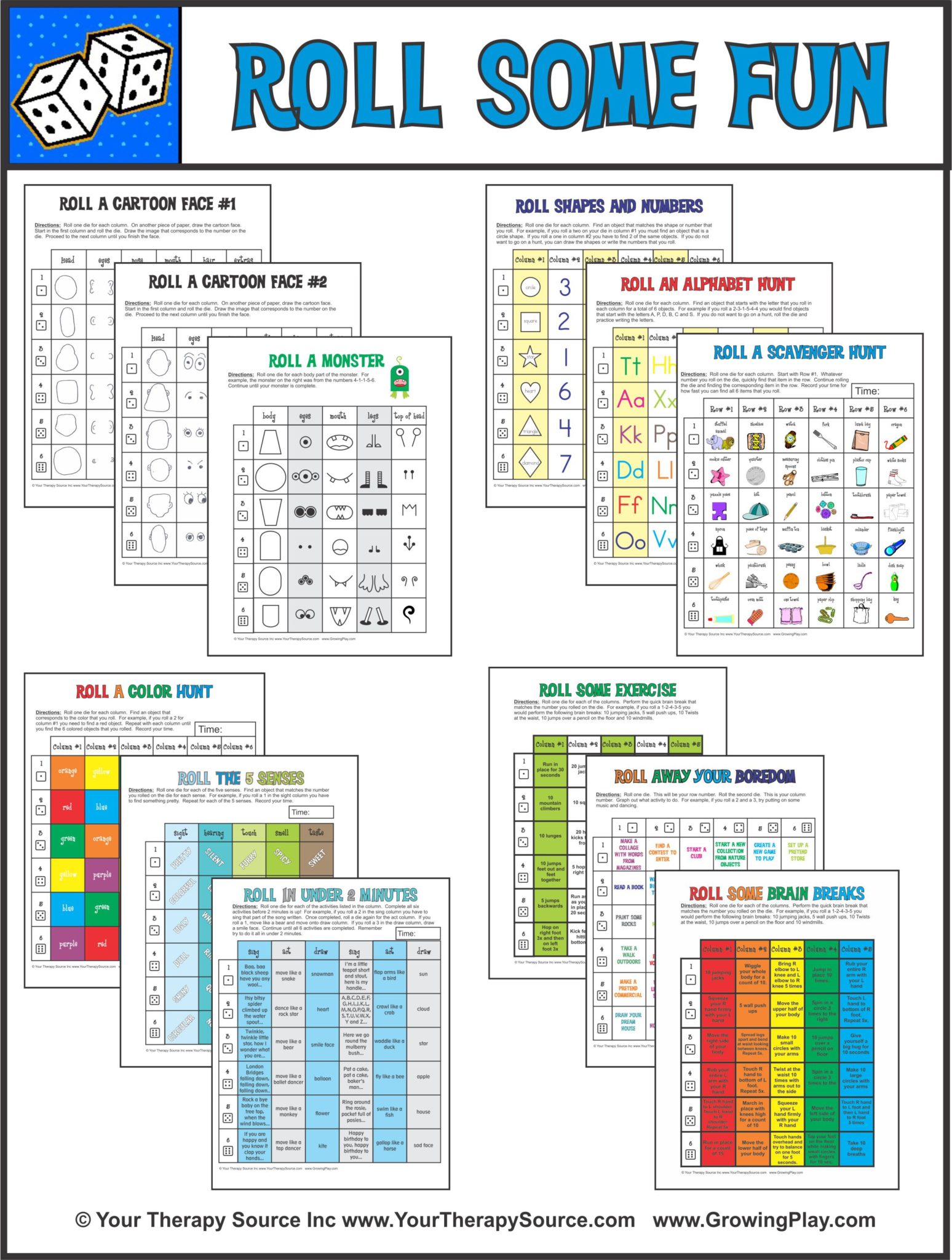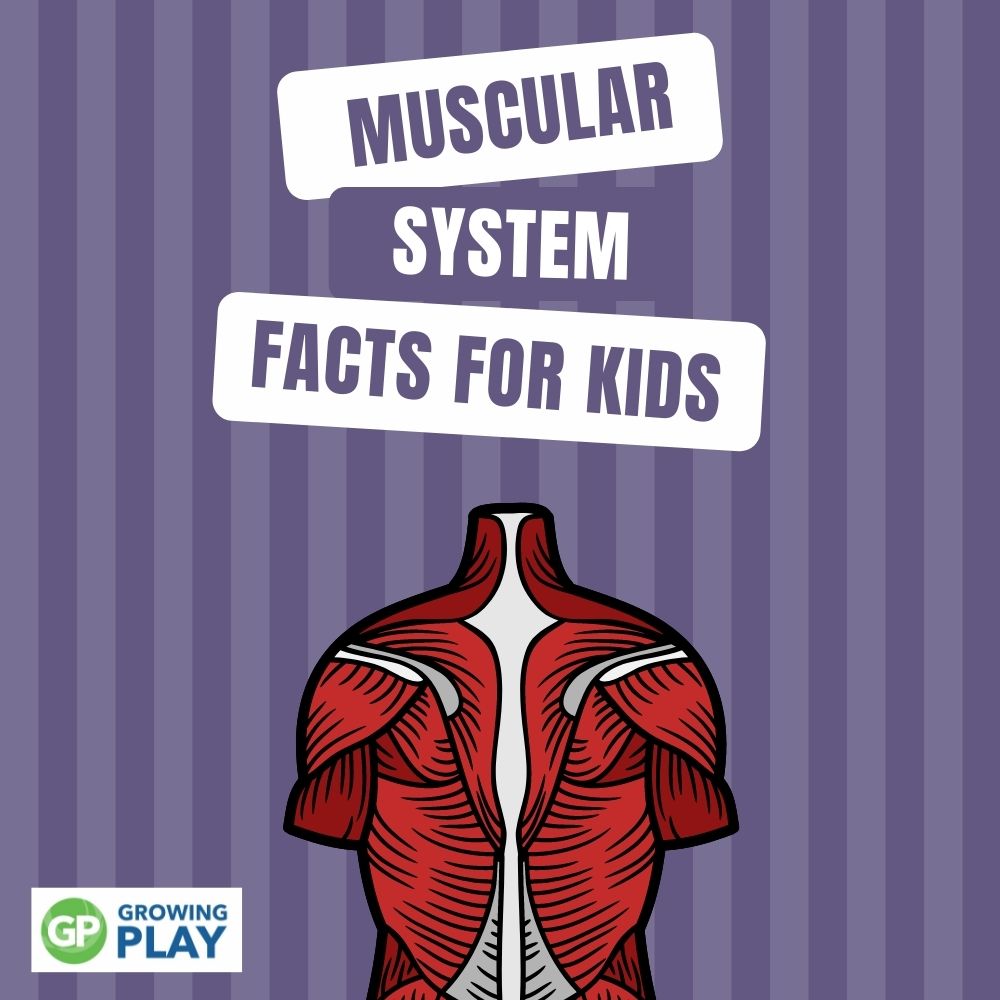Muscular System Facts for Kids

Where are you right now? What are you doing? Are you sitting down or standing up? Are you just reading this article or are you multitasking? No matter where you are and what you are doing, chances are you are using your muscular system. Every person has a muscular system with over 600 muscles! That’s a lot of muscles and there is a lot we can learn about our muscles too, so use those muscles to sit up straight and read these muscular system facts for kids!
The Different Types of Muscles
Muscles are essential for movement. There are three different kinds of muscles in the body – skeletal, cardiac, and smooth.
- Skeletal muscles are attached to your bones with connective tissues. Skeletal muscles control physical movement, such as chewing, sitting, and standing. These are very strong muscles with the strongest muscles being your masseter and your gluteus maximus.
- Cardiac muscles help with blood circulation, pumping blood throughout the body. All your cardiac muscle is in one place in your body. Any guesses as to where? If you said your heart, you would be correct. Cardiac muscles are only located in your heart and most of them are involuntary muscles meaning they work on their own. You don’t tell your heart to keep beating, do you?
- Smooth muscles are attached to the small fibers along the walls of organs in the digestive tract, such as the stomach and intestines. Smooth muscles help with many of the functions of the digestive system. The smooth muscle inside of blood vessels is typically the weakest type of muscle.
There are three types of muscle fibers – slow-twitch, fast-twitch, and super-fast-twitch. Each type has a different role in movement and performance.
Muscular System Facts for Kids – Characteristics of Muscles
The main purpose of our muscles is to help us move. Muscles are incredibly strong and can generate a lot of power. For example, when you run, your muscles produce enough force to push you forward!
Muscles can also be very flexible. Every time you move, a muscle contracts or stretches. Muscles contract and stretch many times without getting tired or damaged. That’s because they are made up of the chemical compound, adenosine triphosphate, which helps our muscles move. See how many times you can raise your arm up and down before it gets tired.
Working Muscles
The muscular system is responsible for generating heat in the body. When muscles work, they produce heat, which helps to keep us warm.
Muscles produce waste products as they work, and these need to be cleared away by the lymphatic system.
Muscles use energy to do their mechanical work. This energy comes from the food we eat, and the muscular system is responsible for converting this food into usable energy.
Muscular System Facts for Kids – Muscle Movement
Muscles are essential for movement and everyday activities. Without muscles, we wouldn’t have full functioning of the body.
Muscles work together to create smooth, coordinated movements. This is what allows us to walk, run, jump, and dance!
How Many Muscles Does It Take?
How many finger muscles does it take to pick up an object? The answer is zero.
There are actually no muscles in your fingers. You might wonder how they move then. The fingers move by the pull of muscles in your arm on the tendons in your fingers.
Some say that it takes 43 muscles to frown, and only 17 muscles to smile.
You need 17 muscles to cry.
It requires 50 pairs of muscles just for us to swallow!
And just ONE single step takes 200 muscles!
The Importance of our Muscles
The muscular system is a vital part of your entire body. It serves as a source of heat, helps us to move, digest food, and much more.
The muscular system is an important part of sports performance. By training your muscles, you can improve your strength, speed, and endurance.

Roll Some Fun
Muscular System Facts for Kids – Taking Care of your Muscles
Exercising your muscles is important for keeping them strong and healthy. Regular exercise can help maintain healthy muscles and prevent muscle disorders, injuries, or conditions like obesity and heart disease.
There are many different ways to exercise your muscles. For example, you can do push-ups, sit-ups, squats, weightlifting, or kick a soccer ball. Find an activity that you enjoy and stick with it!
Muscles work best when they are well-hydrated. Drink plenty of water every day to keep your muscles healthy and functioning properly.
It’s important to take care of your muscles by eating a balanced diet and exercising regularly. This will help them to stay strong and healthy for years to come.
Muscle Damage
Muscles can be damaged if they are overworked or injured. This can lead to muscle pain, inflammation, and other symptoms.
There are many different types of muscle diseases, which can affect any of the three types of muscle in the body. Some common muscle diseases include muscular dystrophy, cerebral palsy, myositis, and polymyositis.
Some medications can damage muscles, leading to side effects like muscle weakness and pain.
Overtraining your muscles can actually lead to injuries and other problems. Make sure to give your body time to rest and recover between workouts.
When you’re tired, your muscles may start to twitch involuntarily, which is knowns as a muscle spasm. This is a sign that they need some rest!
How to Help Sore Muscles
If you’re feeling sore after a workout, don’t worry – that’s normal! Foam rolling or using a massage ball can help to soothe tired muscles.
If you’re experiencing significant pain or swelling in your muscles, seek medical attention right away. It may be a sign of something serious.
More Fun Facts About the Muscular System for Kids
In some cases, muscles can be transplanted from one person to another. This is done in cases of severe muscle damage or disease. Do you know of anyone who has had a muscle transplant?
Some people choose to use supplements like protein shakes and amino acids to help improve their muscle growth and performance.
Most people have more than 600 muscles in their bodies. Each muscle can be divided into hundreds or even thousands of individual fibers.
Muscles are responsible for a wide range of functions in the body, from movement to digestion to temperature regulation. By understanding your muscular system, you can improve your overall health and well-being. Now, go get your muscles moving!
WANT MORE FUN FACTS FOR KIDS?
Check out these fun facts for kids here and browse all the other topics at the bottom of the post.



